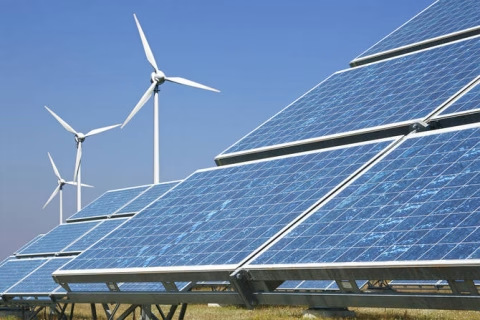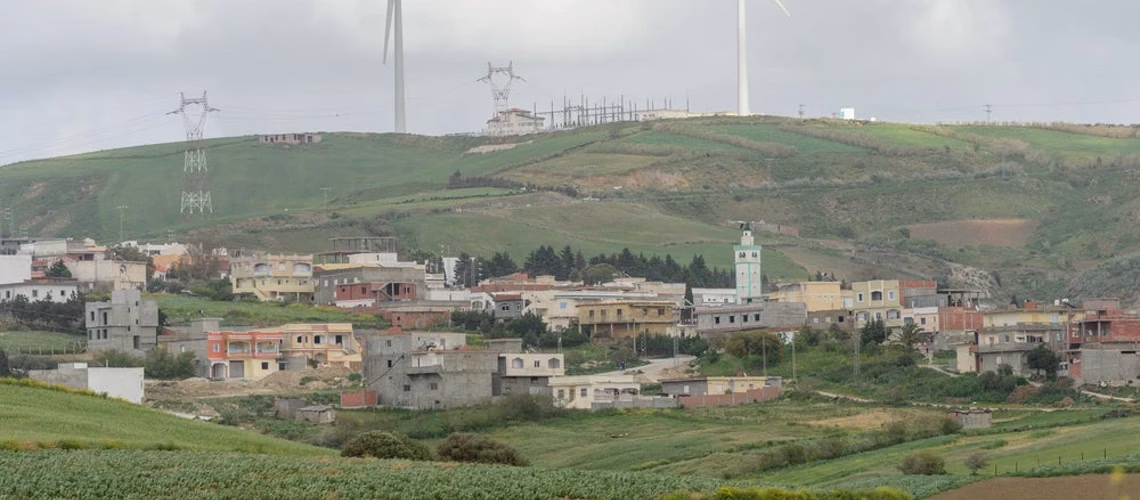The World Bank has approved to facilitate a $430 million program that aims to advance Tunisia’s energy transition. The project aims to help Tunisia modernize its power sector and accelerate the shift toward cleaner energy. This comes as the North African country seeks to cut emissions. The five-year Tunisia Energy Reliability, Efficiency, and Governance Improvement Program, known as TEREG, includes $30 million in concessional financing. Furthermore, it aims to improve the performance of the state-owned utility Societe Tunisienne de l’Electricite et du Gaz (STAG). It also seeks to expand renewable capacity and strengthening sector governance, the lender said in a statement. The program aligns with Tunisia’s target of attracting $2.8 billion in private investment to develop 2.8 gigawatts of new solar and wind power capacity by 2028. Furthermore, it is a plan expected to generate more than 30,000 jobs mainly during the construction phase of renewable energy projects. Renewable energy projects in North Africa are taking shape. Projects such as Egypt’s Abdyos II solar project underlines this commitment and highlights commendable steps in Africa’s energy transition.
Project Factsheet
Significance:
- A $430 million World Bank–funded program to advance Tunisia’s energy transition.
- Aims to modernize the power sector and promote clean energy use.
- Includes $30 million in concessional financing.
- Supports Tunisia’s goal to reduce carbon intensity by 45% by 2030.
Infrastructure & Scope:
- Focuses on improving the state utility (STEG) for better efficiency and reliability.
- Will expand renewable energy capacity and strengthen sector governance.
- Targets development of 2.8 GW of new solar and wind projects by 2028.
- Expected to create over 30,000 jobs during construction.
Developer/Consortium:
- Implemented by: Tunisia’s Ministry of Energy and STEG.
- Financier: World Bank under its Framework for Financial Incentives.
- Supported by IFC and MIGA through advisory and guarantee services.
Funding/Timeline:
- Total investment: $430 million.
- Implementation period: 5 years.
- Complements ongoing projects like the Tunisia–Italy Electricity Integration Project.
The Significance of Tunisia’s Energy Transition Project
Tunisia’s energy transition project has a monumental significance as it facilitates the development of clean and renewable sources. It also supports the North African country’s goal of reducing carbon intensity by 45 percent by 2030 compared with 2010 levels. “By fostering renewable energy development, TEREG will strengthen Tunisia’s position in clean energy, creating economic opportunities and ensuring long-term energy security,” said Alexandre Arrobbio, World Bank country manager for Tunisia. He said the project reflected their strong partnership with Tunisia and supported its sustainable development goals.

Furthermore, he noted the project builds on various long-standing engagement in Tunisia’s energy sector and compliments ongoing initiatives. These include the Tunisia-Italy Electricity Integration Project and the Energy Sector Improvement Project. It also includes the advisory services from the International Finance Corporation and the Multilateral Investment Guarantee Agency. Arrobbio noted that these initiatives align with Tunisia’s Country Parnership Framework and its commitments under the Paris Agreement. Amira Klibi, senior energy specialist at the World Bank and task team leader for the project, said this is the first program to benefit from the institution’s Framework for Financial Incentives.

Leave a Reply